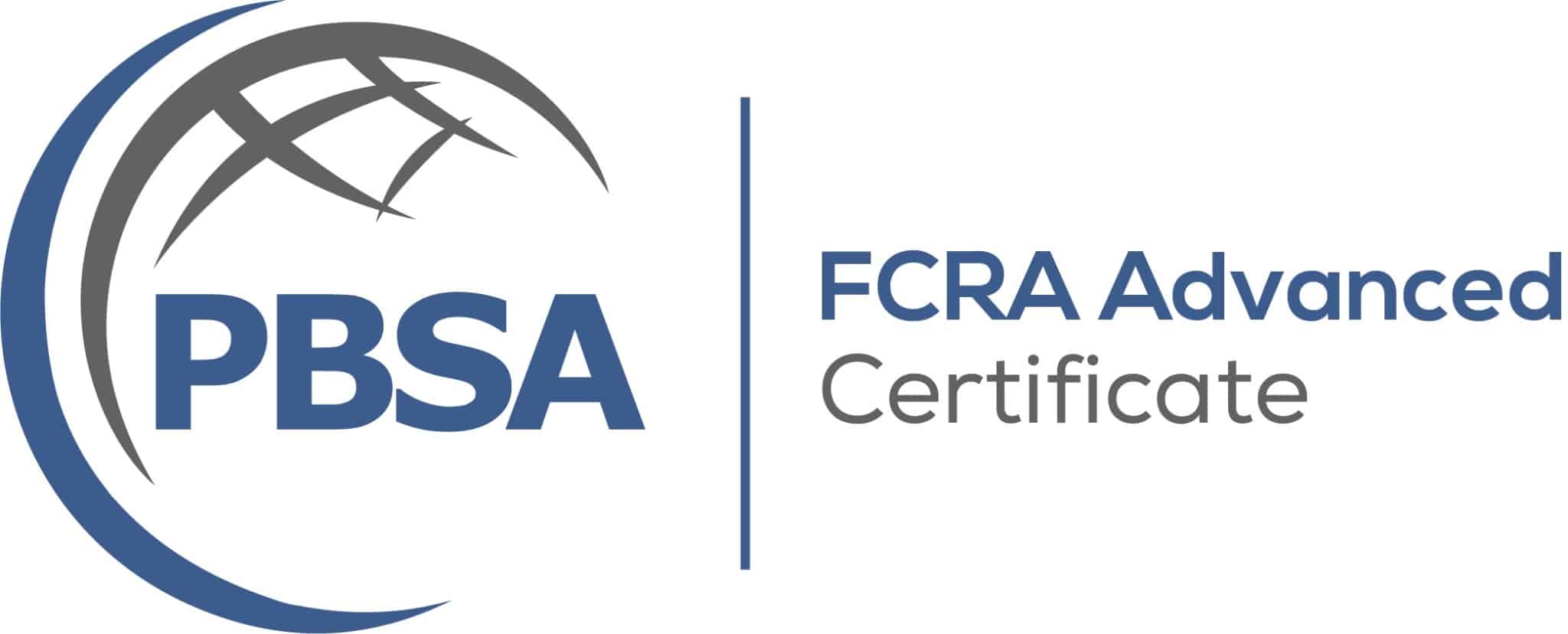
MSA and SLA (Master Service Agreement and Service Level Agreement)
Compliance note
- MSAs define the legal framework for how data is shared, stored, and used, helping both parties maintain FCRA and data privacy compliance.
- SLAs set measurable performance metrics, such as turnaround time for background checks or dispute resolution deadlines.
- Both documents should align with federal and state privacy laws, including the Fair Credit Reporting Act (FCRA) and data security standards.
- Employers should review MSAs and SLAs with vendors to ensure clear responsibility for data accuracy and confidentiality.
Related Terms and Posts
- CRA (Consumer Reporting Agency)
- Permissible Purpose
- Disclosure and Authorization
- Background Check
- Is Your Background Screening Provider Focused on You or Their Shareholders? (Blog)
- How to Create a Background Check Policy for Small Businesses (Blog)
- Selecting the Ideal Background Verification Service for Employers (Blog)
Frequently Asked Questions
A: An MSA defines the overall business and legal relationship between a provider and client, while an SLA specifies performance standards, deliverables, and response times.
A: They establish compliance expectations under the FCRA, outline data handling procedures, and set measurable service standards between the CRA and employer.
A: It should specify turnaround times, data accuracy commitments, customer support response targets, and dispute resolution procedures.
DISCLAIMER: The information provided in this glossary is for general informational purposes only and should not be construed as legal advice. While we strive for accuracy, EDIFY Background Screening does not guarantee that the definitions or explanations are complete, up to date, or error-free. Employers should always consult with competent legal counsel to ensure compliance with applicable laws and regulations.
[edify_faq_schema_auto]
Stay Updated with EDIFY Insights Newsletter
Get compliance tips, background screening updates, and HR best practices delivered straight to your inbox.





